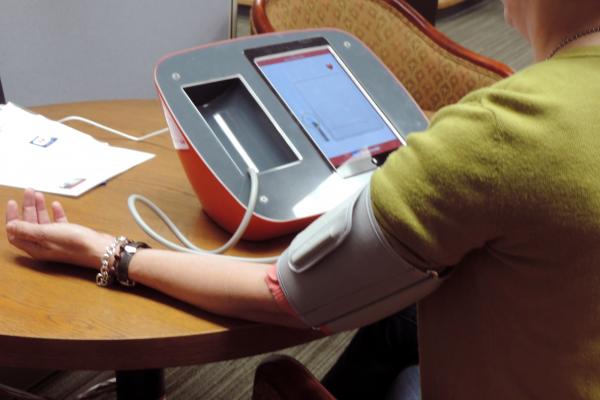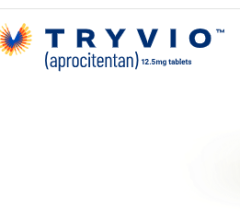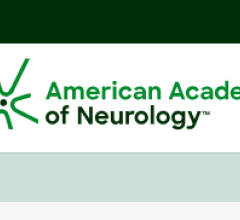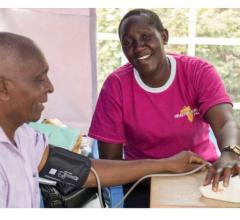
April 5, 2018 — YMCA of the USA (Y-USA) and the American Heart Association (AHA) are combining efforts to help more people better manage their blood pressure. Beginning this spring, more than 100 clinics participating in the Target: BP initiative will be able to refer qualified patients to enroll at no cost in the YMCA’s Blood Pressure Self-Monitoring program.
Target: BP is a joint national effort between the AHA and American Medical Association aimed at reducing the number of Americans who have heart attacks and strokes by urging patients, healthcare providers to prioritize BP control. The YMCA’s Blood Pressure Self-Monitoring program offers personalized support to participants as they develop the habit of monitoring their blood pressure.
These national initiatives are working to raise awareness about blood pressure management and encourage people with high blood pressure to take control of their condition. The goal is to avoid life-altering consequences such as heart attack, heart failure and stroke.
“Healthcare providers are treating patients with high blood pressure. Their efforts can be complemented by out-of-clinic activities and resources that help with self-management of high blood pressure, and that’s where community-based organizations like the ‘Y’ can be very effective,’ said Eduardo Sanchez, M.D., Ph.D., FAAFP., chief medical officer for prevention for the American Heart Association. “A trusted touchpoint outside of the doctor’s office is a valuable tool in helping people make and maintain the lifestyle habits necessary to prevent new or worsening cardiovascular disease.”
Eight communities are piloting the partnership, including:
- Atlanta;
- Jacksonville, Fla.;
- Lexington, Ky.;
- Louisville, Ky.;
- Memphis, Tenn.;
- Nashville, Tenn.;
- St. Louis; and
- Tulsa, Okla.
This collaboration is part of a larger venture to further a common mission to bring science-based resources to underserved communities.
The YMCA’s Blood Pressure Self-Monitoring program is designed to help participants with hypertension lower their blood pressure. The program combines blood pressure self-monitoring, nutrition education seminars and personalized support. Research shows that the simple process of checking and recording blood pressure at least twice a month over four months may help lower blood pressure in some people with hypertension. In addition, evidence shows that proper nutrition, particularly with a reduction in sodium intake, may help reduce both systolic and diastolic blood pressures.
The Y’s program is facilitated by Healthy Heart Ambassadors, appointed and trained by the Y, who will show participants how to use a blood pressure monitor, encourage self-monitoring and facilitate monthly nutrition education seminars.
“Community integrated health solutions are the future of chronic disease prevention, and the Y’s partnership with the AHA is a great example of putting access in action,” said Heather Hodge the YMCA senior director of evidence-based health interventions, “Not only can we help patients who know they have high blood pressure get the help they need, but this effort will also increase access in communities where the risks for high blood pressure are even higher than the national average.”
For more information: www.heart.org


 September 09, 2025
September 09, 2025 









